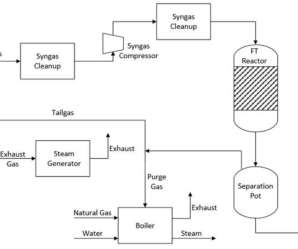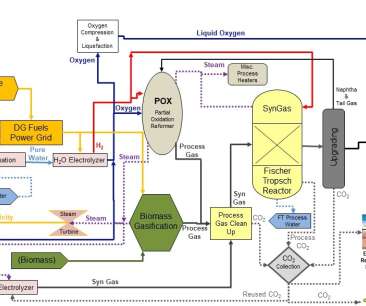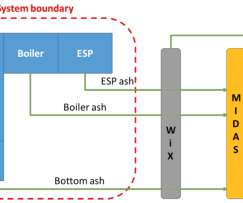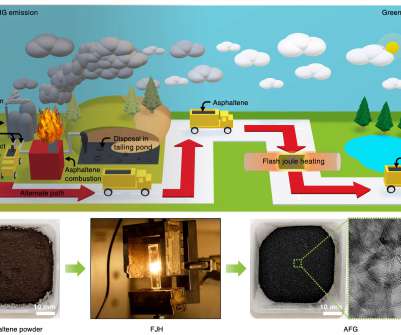Fulcrum BioEnergy successfully produces first low-carbon synthetic crude oil from landfill waste at its Sierra BioFuels Plant
Green Car Congress
DECEMBER 22, 2022
Fulcrum BioEnergy, a clean energy company pioneering the creation of renewable, drop-in transportation fuels from landfill waste, successfully produced a low-carbon synthetic crude oil using landfill waste as a feedstock at its Sierra BioFuels Plant, the world’s first commercial-scale landfill waste-to-fuels plant.






































Let's personalize your content